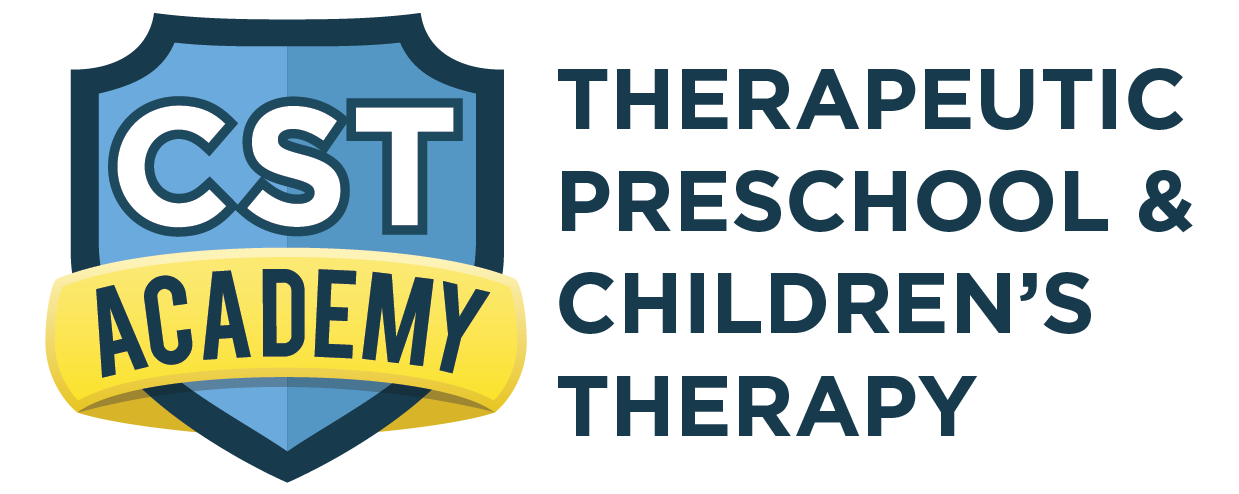If you are the parent of a child with autism spectrum disorder (ASD), you may already be familiar with ‘stimming.’ If you are new to stimming, this is a self-stimulating behavior that a child performs repeatedly, such as flapping their hands in front of their face or making a particular noise. While not every child with autism will stim, many do. One of the most important aspects of understanding stimming is recognizing that the function of the behavior varies from child to child. The stimming behavior will also present differently in each child. For example, some children may exhibit a visual stim (e.g. hand flapping), while others exhibit an auditory stim (e.g. repetitive noises).
Why do children with autism self-stim?
Many kiddos on the spectrum experience sensory processing issues, and stimming can often be a beneficial way for children to self-regulate. When a child experiences sensory issues, they can be either hyposensitive (decreased sensitivity to sensory input) or hypersensitive (heightened sensitivity to sensory input). If a child is hyposensitive to sensory input, they often engage in behaviors seeking additional sensory input, which might present as stimming. For a child who is hyposensitive to sensory information, their stimming may look like scratching their skin. On the other hand, children who are hypersensitive frequently become overstimulated by sensory information, so they may engage in stimming as a way to self-soothe when they are feeling overstimulated.
In some cases, stimming is not a negative behavior. Many children on the autism spectrum face challenges with self-regulation, and stimming can help to achieve this goal. However, if a child exhibits a stimming behavior that interferes with their development or the development of other children in their class, there are ways to reduce stimming.
Some children may benefit from a therapeutic preschool program or applied behavior analysis. In a therapeutic preschool program, children receive additional support with pivotal developmental skills, including behavior, speech, language, and social skills. This type of program also tends to provides more one-on-one attention than a typical preschool program. If the parents and teachers (or therapists) determine that it would be beneficial for the children to reduce their stimming, the teacher in the therapeutic preschool program may implement strategies to work on this behavior.
Applied behavior analysis, or ABA therapy, may also be used to reduce stimming. It is also possible for therapeutic preschool programs to incorporate this intervention method into their curriculum for children. This method works to build positive behaviors and reduce problematic behaviors in children on the autism spectrum or behavioral concerns. An ABA therapist would examine the function of the child’s stim and develop strategies to reduce this behavior.
If you think ABA therapy or a therapeutic preschool program could help your child, contact CST Academy at 773-620-7800 or click the purple button below to learn more about our wide range of services for children in Chicago!












